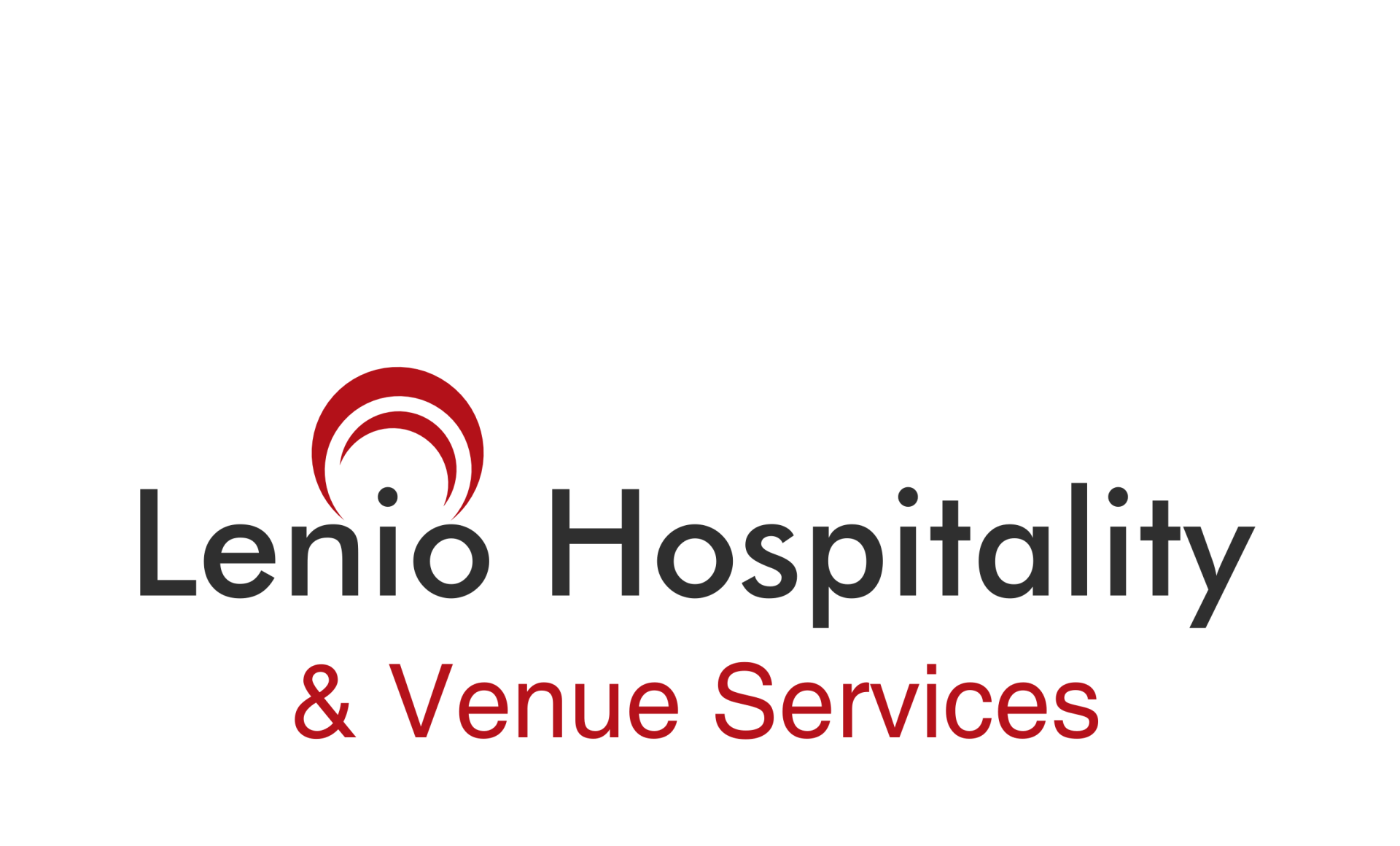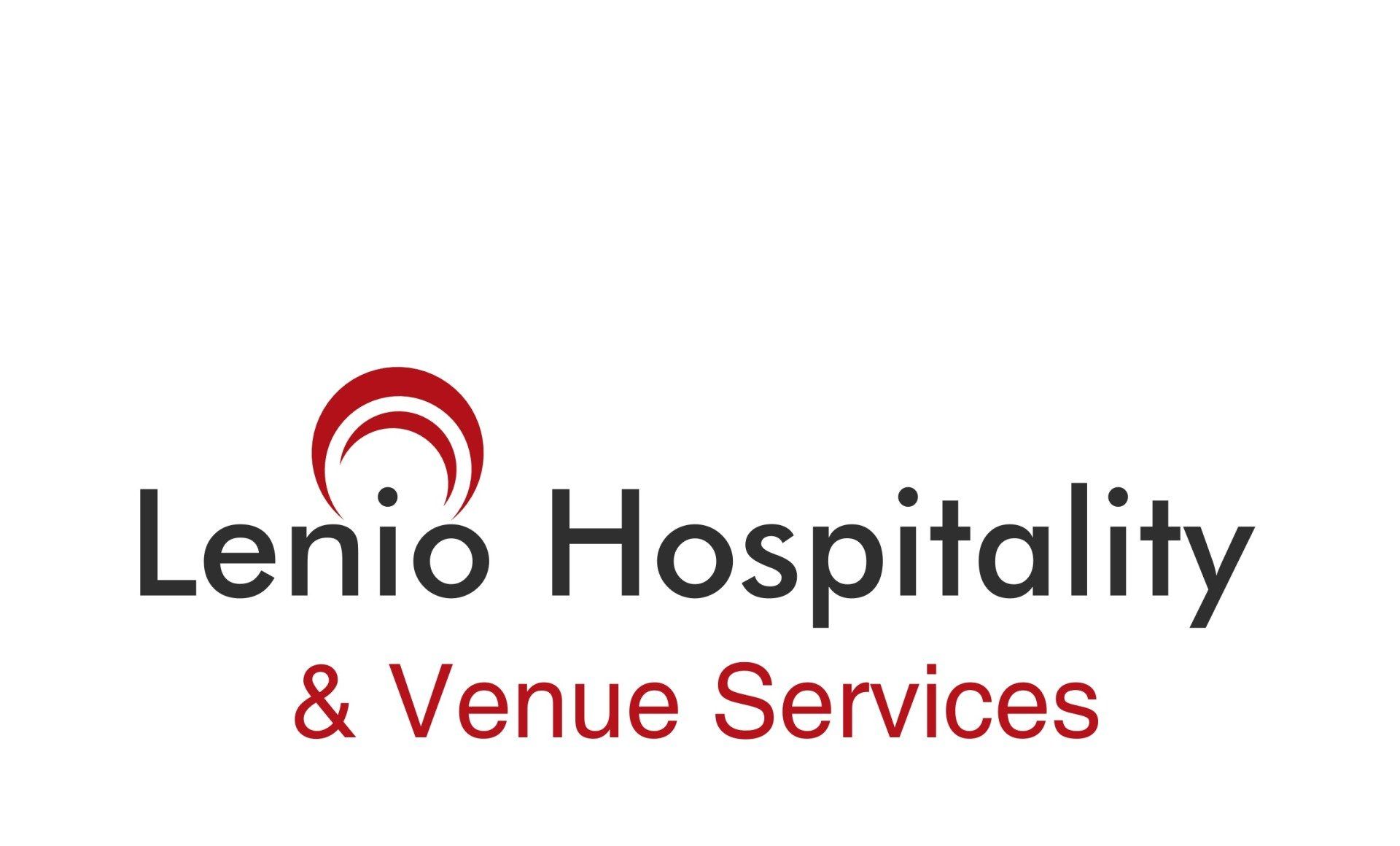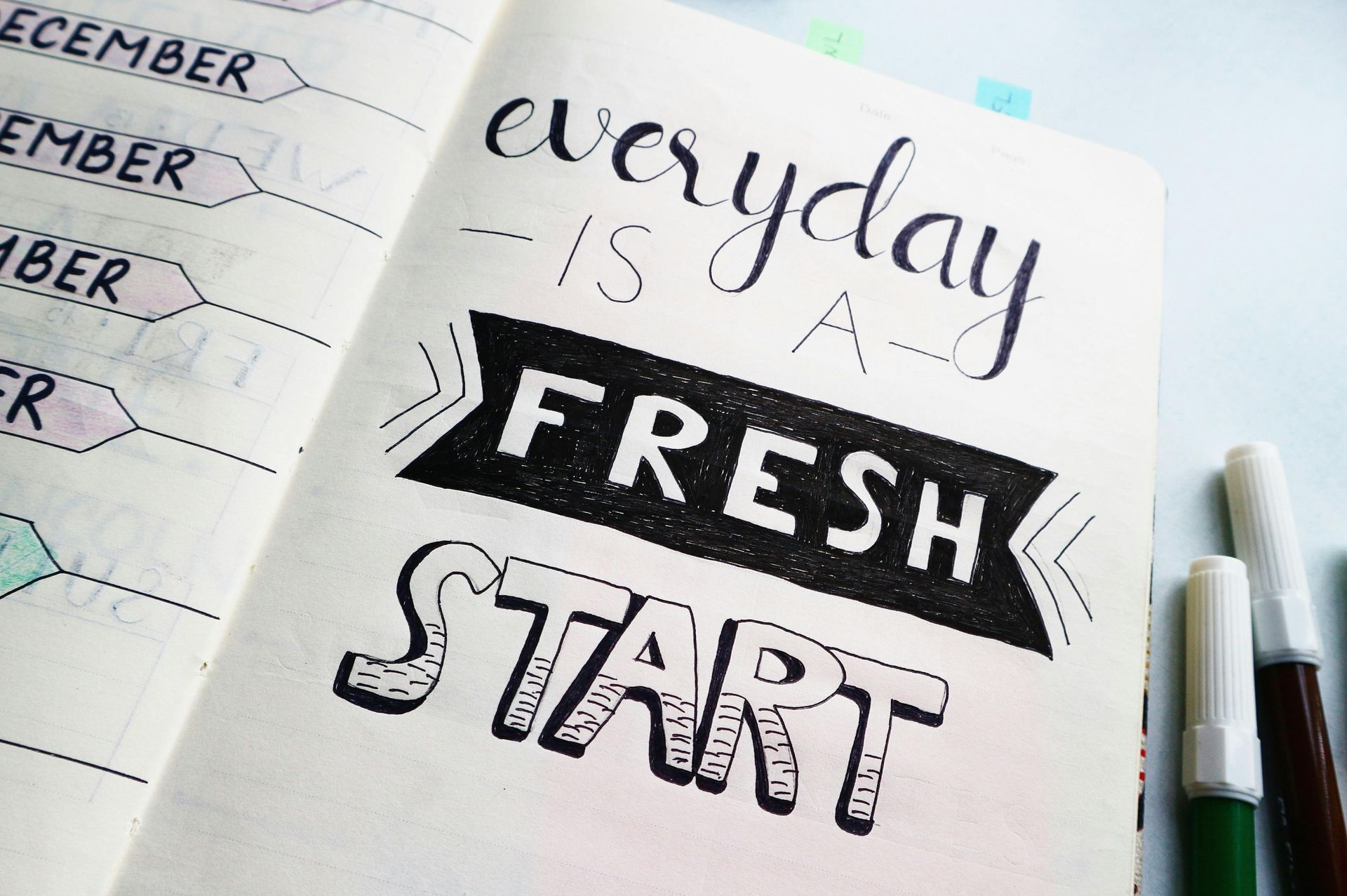5 Essential Business Goals Shared by Event Planners and Venues
Both event venues and planners pursue key business goals that drive the success of their operations

Event planners need a venue to provide the space and infrastructure for their event whilst venues rely on event planners to bring in business and ensure their venue is used effectively. Venues and planners have one of the most collaborative and mutually beneficial relationships in the event ecosystem.
Beyond the traditional supplier-customer relationship, a strong mutually beneficial relationship can lead to a positive experience for stakeholders on both sides, enhance creativity and innovation that lead to strong partnerships and fresh ideas that ultimately deliver unforgettable experiences and positive outcomes. By collaborating with planners to improve event ROI, venues can help them achieve event goals while distinguishing themselves in the industry.
Here we explore common business goals which can form the foundation for stronger future partnerships.
Goal # 1 – Build Brand Awareness and Strong Reputation
According to this brand statistics, 82% of people are likely to buy from brands they already have experience with. Brand awareness is about how familiar consumers are with a brand, including whether they can recognize it and recall its products or services. Brand reputation, on the other hand, is the overall perception of a company's trustworthiness, reliability, and ethical conduct, built on a broader range of factors beyond just familiarity.
- Venues want to be known as the “go-to” location for certain event types.
- Planners want a reputation for creativity, reliability, and enriching experiences.
A third of consumers already have a brand in mind when they go shopping. Venues and event organisers aim to enhance brand awareness, recognising that increased visibility contributes to greater market share and positive perception. Both can boost brand awareness for their respective organisations through hosting successful events. However, many venues currently underutilise opportunities to harness the potential available within their own premises.
When event attendees are already aware of your venue and have experienced it first hand, they are more likely to consider it during their own purchase decision process when sourcing a venue. If you are a venue and have so far neglected this opportunity, it’s time to give it a second thought. Reach out to us here at Lenio Hospitality, let’s have a chat.
Co-branding on events, social media features, and mutual referrals amplify credibility for both. A venue and planner could showcase a successful product launch event on social media, tagging each other. Both gain exposure to each other’s audiences. Brand awareness is the foundation of all marketing efforts. Successful events provide both venues and organisers with valuable opportunities to expand recognition for their respective organisations.
Branding is not limited to global companies or as in this case, larger venues. Small businesses can also implement branding strategies effectively. If branding has not been considered, it may be useful to assess its potential benefits.
Goal #2 – Maximise Revenue and Profitability
Revenue is the lifeblood of any business entity. It indicates market demand for a product or service and reflects the effectiveness of a company’s sales and marketing strategies. An event revenue provides the necessary financial resources to cover the event expenses and ensure its long-term viability.
- Venues aim to increase bookings and upsell services (e.g., catering, décor).
- Planners aim to manage budgets effectively and maximise ticket sales and attendance. Other common sources of event revenue include, sponsorships, exhibitor booths and fees, and event merchandise.
So, what’s the opportunity? Planners can bring high-quality, consistent bookings to venues, while venues can offer planners preferential rates, or cost-effective bundled service packages, giving the event planner exclusive discounts which can make the planner’s packages more attractive as they pass on the savings to their clients. It’s a win-win. Increasing ticket sales is the first and most obvious way for event planners to increase event revenue while keeping the venue’s calendar full.
Goal #3 – Lead Generation
Lead generation in events is all about using in-person or virtual gatherings to find, attract, and collect information from potential customers you can nurture into sales later. It typically involves,
- Attracting the right audience to the event, talk, or session.
- Engaging them meaningfully during the event.
- Capturing their details (name, email, company, interests).
- Following up afterward with relevant offers or information.
Venues and event planners can work together during all the above steps. And no, it’s not about selling or sharing people’s data willy-nilly. It requires a structured and strategic approach with both parties ensuring regulatory-compliant data collection and use while focusing on providing value to the end customer.
- Venues target new demographics or industries (e.g., corporate events, weddings, festivals).
- Planners build networks across industries, vendors, and regions to get more contracts.
Planners often have access to niche client bases (corporate, luxury, cultural), while venues can introduce planners to new geographic or industry markets. A corporate-focused planner brings business conferences to a venue that previously hosted mostly weddings, opening new revenue streams.
Goal #4 – Increased Client Satisfaction and Retention
There are no better marketing and advertising than a satisfied client. Increasing customer satisfaction leads to numerous benefits for businesses, including higher revenue, improved brand reputation, and increased customer loyalty. In the realm of event management, customer satisfaction is top priority for event planners and event venues.
- Both want happy clients who will return for future events and refer others.
- This often means excellent communication, attention to detail, and flawless execution.
Satisfied customers are more likely to become repeat buyers, recommend the business to others, and provide valuable feedback that can drive innovation. This positive cycle of customer satisfaction also helps attract new customers and reduces the costs associated with acquiring them.
Years ago, as a Venue Manager, I focused my team and I on improving client satisfaction, it paid off. The venue achieved year-on-year revenue growth and over 80% of our annual revenue was from repeat and loyal clients. Follow us to learn some of these strategies.
When a planner works closely with a venue team, they can anticipate needs, resolve issues faster, and deliver a smoother guest experience which reflects positively on both parties. For example, a planner who knows the venue’s layout and policies can avoid logistical hiccups, leading to glowing reviews for both parties.
Goal #5 – Streamline Operations for Efficiency
Operations of an organisation includes everything an organisation does to serve its customers. Streamlining operations means simplifying and optimising business processes to improve efficiency, reduce waste, and enhance overall performance. It involves identifying and eliminating unnecessary steps, bottlenecks, and redundancies in workflows to make tasks faster, smoother, and more effective. Why does this matter? It saves time, saves costs, and increases profitability. It also contributes to the overall culture of the company because everyone is more productive.
When we work with companies to streamline their processes, we analyse workflows, identify bottlenecks and help clients implement changes to eliminate waste and redundancy. The goal of streamlining operations is to achieve same or better results with less time, effort and resource; to deliver high quality and consistent results in your venue or event operations.
- For venues, it could be about optimising booking systems, staff scheduling, and vendor coordination.
- For event planners it could be improving workflows, timelines, and checklists to manage multiple events smoothly.
Planners who know a venue’s systems reduce staff stress and speed up setup, while venues can offer pre-approved vendor lists to planners to cut planning time. A planner uses the venue’s online booking and floorplan tools to finalise layouts in half the time, freeing both parties for more client work.
Venues are essential to an event's success, providing more than just a location—they shape the entire event experience. Event venues set the atmosphere impacting everything from logistics to attendee comfort, accessibility and perceived reputation of an event.
Working collaboratively, event venues and planners can provide attendees with the best experiences whilst achieving these important business goals.




